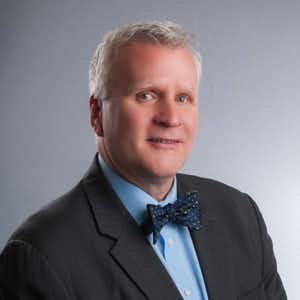
Coming Clean on Medical Mistakes
The Institute of Medicine released an important report on diagnostic error this week, Improving Diagnosis in Medicine. The issue of medical mistakes is a serious problem that has not disappeared.
Admitting Medical Mistakes:
If a doctor or a hospital makes a mistake, will it be admitted? Research shows that many health care providers are not inclined to come forward on admitting medical mistakes. There is fear that doing so will result in litigation or other recriminations. Is that fear justified by scientific research?
Failure to make the correct diagnosis is a serious problem that is rarely acknowledged. One eminent physician tells how those who cared for him didn’t admit their diagnostic failure, and how their medical mistakes led to his need for a heart transplant. If this kind of medical disaster can happen to a brilliant cancer researcher it can happen to anyone.
Seven Pillars of Transparency:
Despite the fear, some health care institutions have found that transparency with respect to errors actually reduces lawsuits and generates good will. Learn about the Seven Pillars approach to disclosure and remediation utilized successfully at the University of Illinois. Should it be adopted elsewhere?
This Week’s Guests:
Lisa Iezzoni, MD, MSc, is professor of medicine at Harvard Medical School. She is director of the Mongan Institute for Health Policy at Massachusetts General Hospital. The article we discussed was published in Health Affairs (February, 2012).
Tim McDonald, MD, JD, is the inaugural Service Chief for Anesthesiology at Sidra Medical and Research Center in Qatar, where he is also Medical Director of Quality and Safety. He also holds the position of Chair of Anesthesiology at Weill Cornell Medical College in Qatar.
Prior to joining Sidra, Dr. McDonald was Chief Safety and Risk Officer for Health Affairs at the University of Illinois. He was also Professor of Anesthesiology and Pediatrics at the University of Illinois College of Medicine at Chicago and Adjunct Professor or Law at Loyola University School of Law. The Seven Pillars program was instituted at the University of Illinois. The photo is of Dr. McDonald.
Neil Spector, MD, is the Sandra P. Coates chair in breast cancer research and an associate professor of medicine as well as pharmacology and cancer biology at Duke University Medical Center. His book is Gone in a Heartbeat: A Physician’s Search for True Healing.
Listen to the Podcast:
The podcast of this program will be available the Monday after the broadcast date. The show can be streamed online from this site and podcasts can be downloaded for free for four weeks after the date of broadcast. After that time has passed, digital downloads are available for $2.99. CDs may be purchased at any time after broadcast for $9.99.

